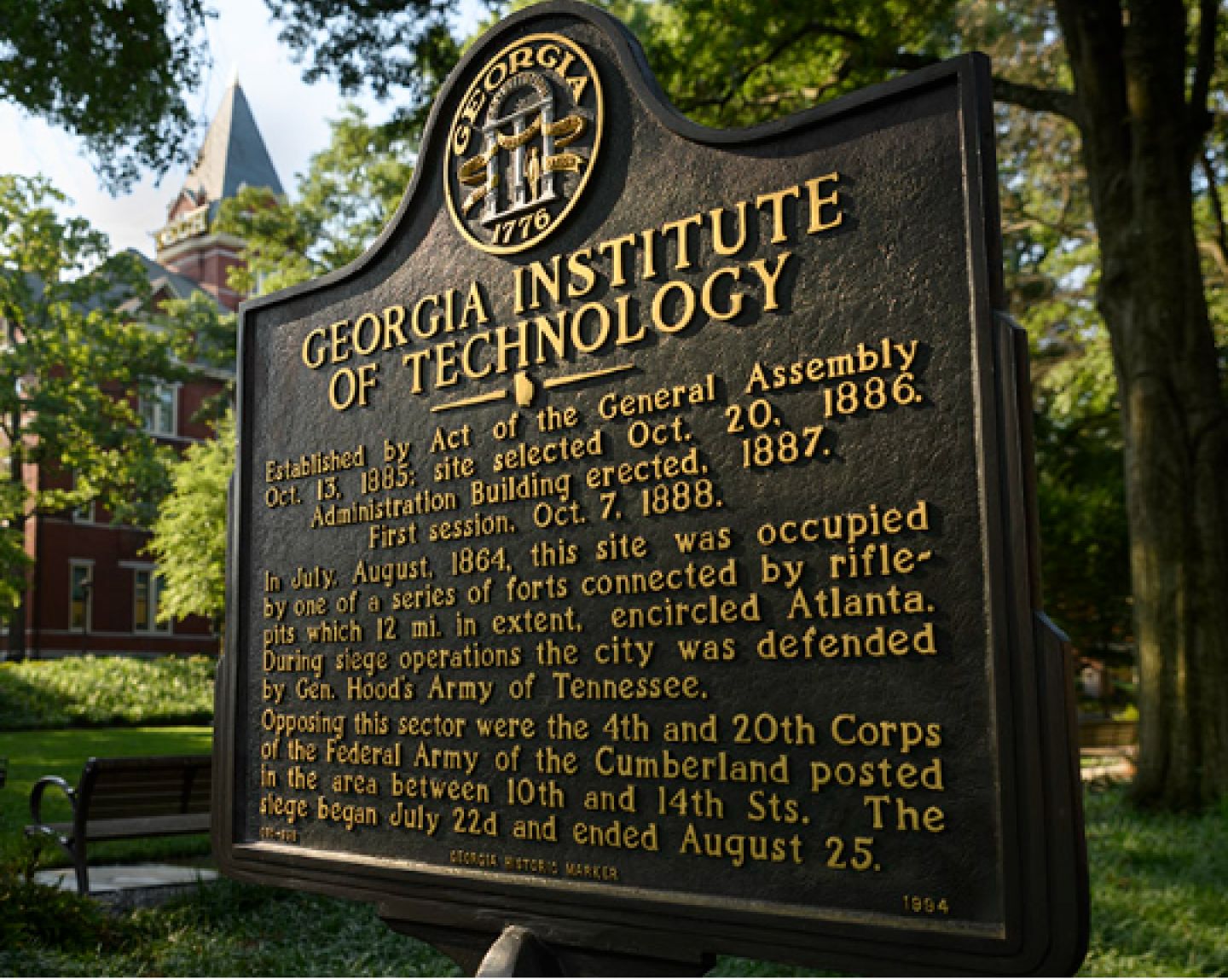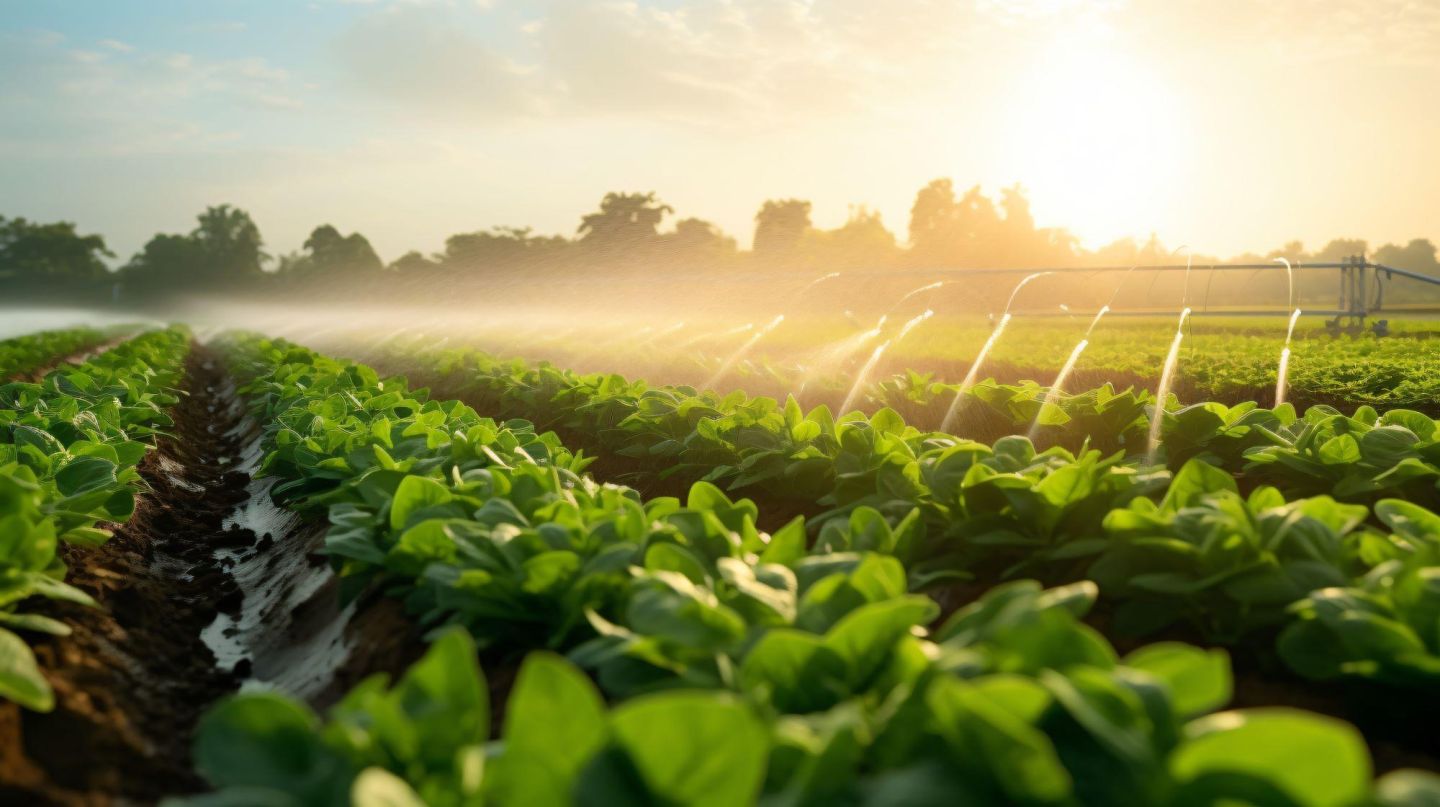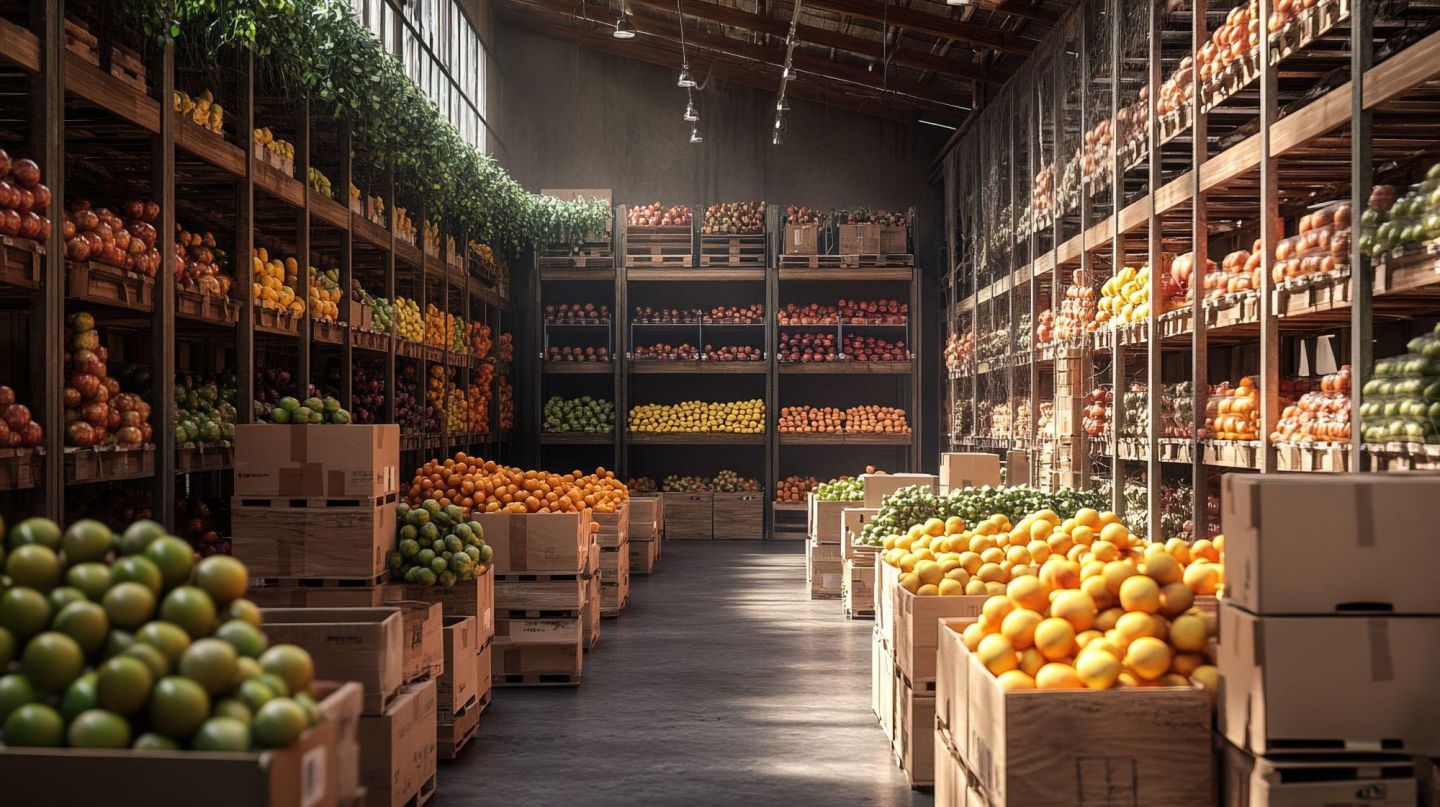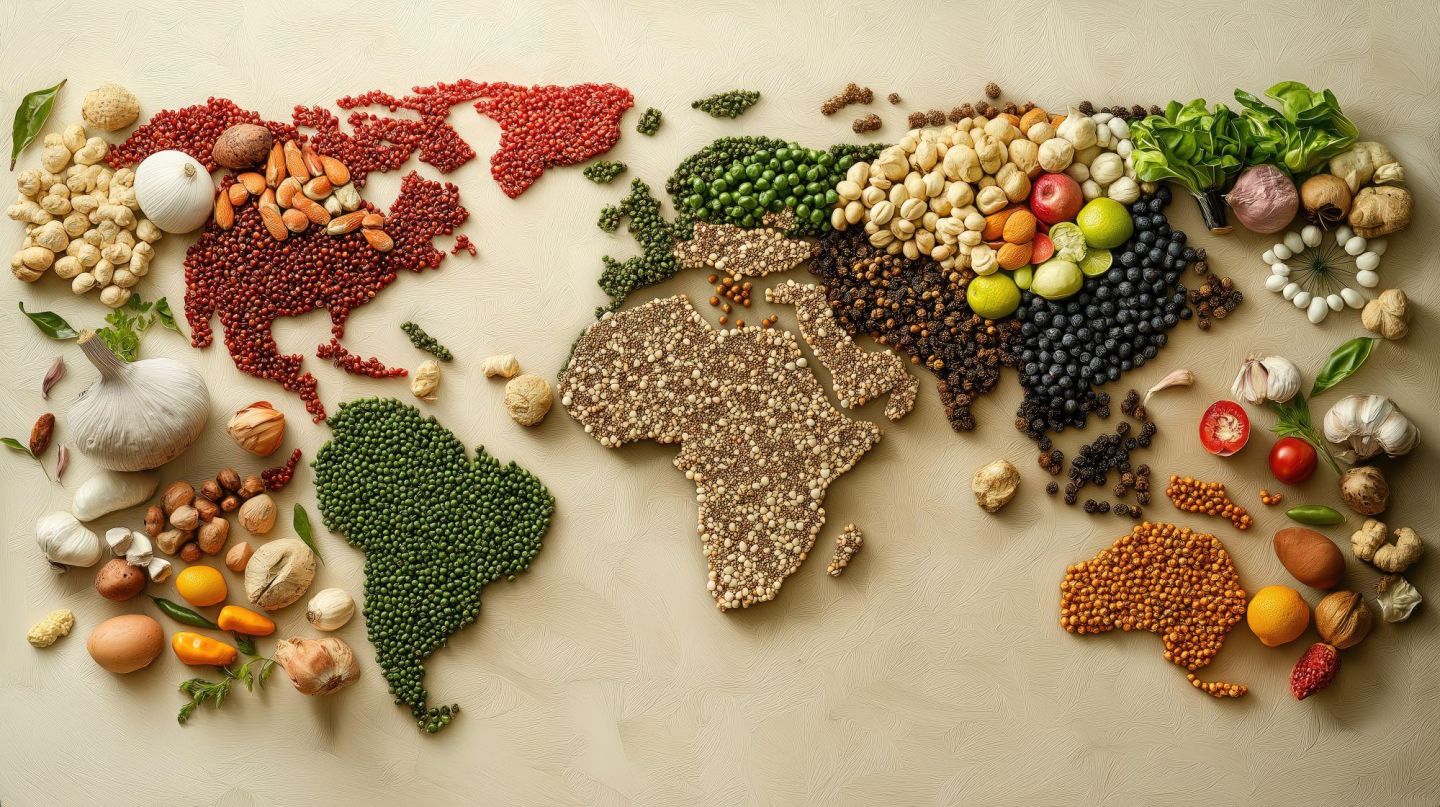
This course will review the concept of circular bioeconomy with respect to our global agri-food systems. It will explore the impact of waste along the agri-food supply chains and the implications for achieving food security, and sustainability targets. It will educate the learner on sources, types and volumes of waste, current waste management practices, and waste prevention and reduction strategies. It will also review the concept of circularity and its purpose within agri-food systems and the mechanisms and strategies being adopted at present to promote the concept of the circular bioeconomy within our agri-food systems. Specific technical areas covered will include, but are not limited to, the circular economy, challenges of circular agriculture and food systems, policy with respect to circularity and the bioeconomy, waste management, prevention and reduction strategies.
The aims and objectives of the course are to enable participants, who already hold a third-level qualification, to upskill and develop their knowledge and competence in circular bioeconomy in agri-food systems. The Certificate in circular bioeconomy in agri-food systems will provide students with the skills, experience, and confidence to:
- Engage in practices that can transform agri-food supply chains
- Provide support and technical advice to sectoral stakeholders.
- Address challenges arising from agri-food waste and policies with respect to circularity.
- Identify solutions critically evaluate them to reach sustainability and circularity targets with agri-food businesses.
Delivery
The module will follow a blended delivery mode consisting of online evening lectures and tutorials (once/week), and 1 day of in-person practical. Case study assessments, assignments (projects), and presentations will be held during the semester at spaced intervals.
The module is 10 credits, and consist of lectures, tutorials, and practicals. The module will follow a blended delivery mode consisting of online lectures and tutorials (once/week) and 1 day of in-person practical. The practical in this module will allow students to learn first-hand the opportunities and challenges with of circularity practices within Irish and international agri-food businesses. Case study assessments, assignments (projects), and instructor-led discussion boards will be held during the semester at spaced intervals.
On successful completion of this module, a student will be able to:
- Analyse the concept of circular bioeconomy and illustrate its application to the operation of agri-food systems.
- Evaluate the impact of food losses and waste along the supply chain and examine challenges and implications for achieving food security and sustainability targets.
- Select and interpret relevant research findings and innovations relating to food waste management, prevention and reduction strategies and assess their effectiveness.
- Appraise the mechanisms and strategies being adopted to promote circular bioeconomy and investigate the challenges of circular agri-food systems.
- Demonstrate an in-depth knowledge of national and EU policies and regulations relating to circularity and the bioeconomy.
Applicants for the Certificate in Circular Bioeconomy in Agri-Food Systems should hold National Framework of Qualifications (NFQ) Level 8 honours degree with a minimum upper second-class honours or equivalent in Agriculture, Food, Science, or Environmental / Land Science related degree programme.
Applicants who do not hold a degree in the cognate areas specified above but who have relevant industry or practical experience in agricultural and biological systems or equivalent, in conjunction with a Level 8 degree in a non-cognate area, may be considered for entry under SETU’s Recognition of Prior Learning (RPL) mechanism on an individual basis. Guidelines on the University’s RPL policy and procedures are available here. In addition, applicants whose primary language is not English must meet the SETU English language requirements.
This course will produce highly skilled professionals to support the sustainable development of the agri-food sector. Graduates will be able to engage across primary commercial production, provide support and technical advice to sectoral stakeholders.
Graduates of the Certificate in circular bioeconomy in agri-food systems may continue to complete other Level 9 Certificates (Certificate in global agri-food systems and Certificate in sustainable and resilient agri-food supply chains). Graduates may also continue their studies and graduate with a Level 9 Postgraduate Diploma in Science in Sustainable Agri-Food Systems or Masters of Science in Sustainable Agri-Food Systems (90 credits) upon successful completion of the Research Method and Dissertation programme (30 credit). This will facilitate students to progress their academic education to Level 10 or opt to remain in a research, development, and innovation environment.






